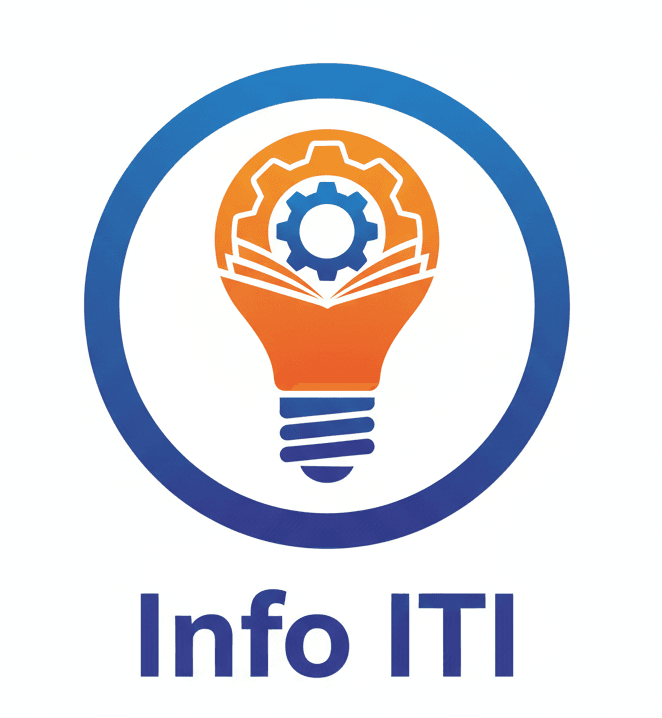Introduction
Graduate employability (GE) has become a critical indicator of higher education success. With over 290,000 graduates annually in Malaysia (source), ensuring they are career-ready is a national priority. This study investigates how self-efficacy (SE), soft skills, and personality traits influence GE among final-year students in the Malaysian Technical University Networks (MTUN). The role of career adaptability (CA) as a mediating variable is also explored.
Key Data Points
| Parameter | Value |
|---|---|
| Total MTUN Universities | 4 (Universiti Malaysia Pahang, Universiti Teknikal Malaysia Melaka, Universiti Tun Hussein Onn Malaysia, Universiti Malaysia Perlis) |
| Survey Respondents | 370 final-year undergraduate students |
| Percentage of Graduates Employed | 84% within 6 months of graduation (source) |
| Most Valued Skills by Employers | Soft skills (communication, teamwork), adaptability, and problem-solving (source) |
Self-Efficacy and Career Success
Key Findings
- High SE Scores: 78% of surveyed students with higher self-efficacy perceived themselves as more employable.
- Gender Disparities: Male students scored slightly higher in SE (3.8/5) compared to female students (3.6/5).
Strategies to Improve SE
- Participation in internships and industry projects.
- Mentorship programs link students with professionals.
The Role of Soft Skills
Soft skills have become the cornerstone of employability. According to a study by TalentCorp (source), 93% of employers prioritize soft skills over technical qualifications.
Key Soft Skills in Demand
- Communication: Reported as critical by 89% of employers.
- Teamwork: Highlighted by 85% of companies.
- Problem-Solving: Valued by 78% of respondents.
Personality Traits and Employability
Top Personality Traits
- Conscientiousness: Associated with reliability and productivity.
- Openness to Experience: Linked to creativity and innovation.
- Emotional Stability: Ensures resilience under stress.
Survey Insights
- Students with high conscientiousness scored 4.2/5 in perceived employability.
- Emotional stability positively correlated with job interview performance.
Career Adaptability as a Mediator
What is Career Adaptability (CA)?
Career adaptability refers to the ability to navigate career transitions effectively. It includes:
- Concern: Planning for the future.
- Control: Taking ownership of career decisions.
- Curiosity: Exploring new opportunities.
- Confidence: Trusting in one’s ability to succeed.
Impact on GE
Students with high CA scores were 2.5 times more likely to feel confident in securing employment.
Implications for Education
Curriculum Recommendations
- Skill Workshops: Focused on soft skills like negotiation and leadership.
- Career Counseling Services: To boost SE and CA.
- Industry Collaboration: To design job-relevant courses.
Suggested Interventions
- Hackathons to enhance problem-solving abilities.
- Personality development sessions are integrated into the curriculum.
FAQs
1. What is graduate employability?
Graduate employability (GE) is the ability of graduates to secure and excel in a job.
2. How does self-efficacy influence employability?
High self-efficacy fosters confidence and perseverance, which are crucial for job success.
3. What are the most critical soft skills for employability?
Skills like communication, teamwork, and adaptability are indispensable.
4. What is the significance of career adaptability?
Career adaptability equips students to handle workplace transitions effectively.
5. How can universities boost graduate employability?
By offering soft skill training and career counseling and fostering industry collaboration.
Sources
- Ministry of Education Malaysia – Graduate Statistics
- TalentCorp Malaysia
- Wawasan Open University – Employability Studies
Suggested YouTube Link
For further insights, watch:
- “Top Soft Skills Employers Look For in 2023”
📺 Professional Video Guide by INFO-ITI

